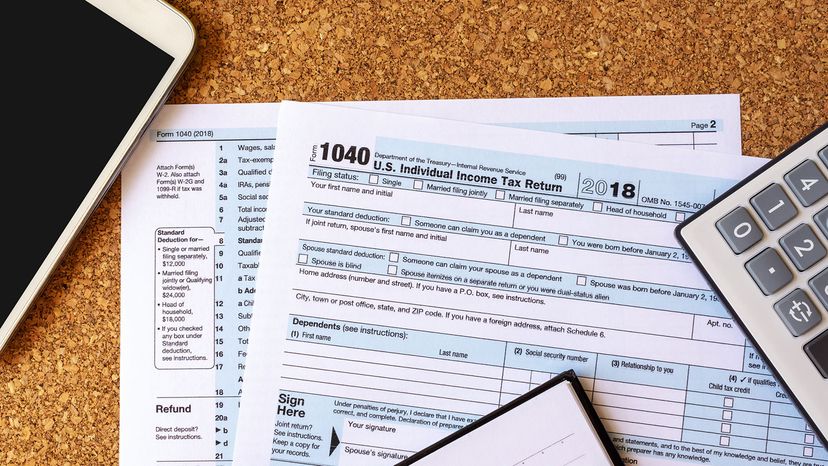
Tax refunds can feel like Christmas in springtime. With a sudden boost to your bank account, you can look forward to going on a shopping spree, paying down your debt or squirreling the refund away in savings. These days, you can even anticipate when your windfall will arrive by tracking the status of your refund with the Refund Status tool available from the IRS online.
For those receiving minimal refunds, the celebration can be less like real bubbly and more like club soda. But forget the pity party. These taxpayers may be receiving small refunds because they withheld less tax from each paycheck throughout the year. Instead of "loaning" the federal government a bigger chunk of their salary and waiting for April to get it back, they held on to more of their income to spend and invest as they pleased.
Advertisement
While you can't control the fact that you have to pay taxes, you can control how big of a refund is in your future. So, if you rely on your annual tax refund as a way to save for big purchases, or you just love getting a big chunk of cash all at once, we've pulled together 10 tips for getting the biggest refund check possible.




